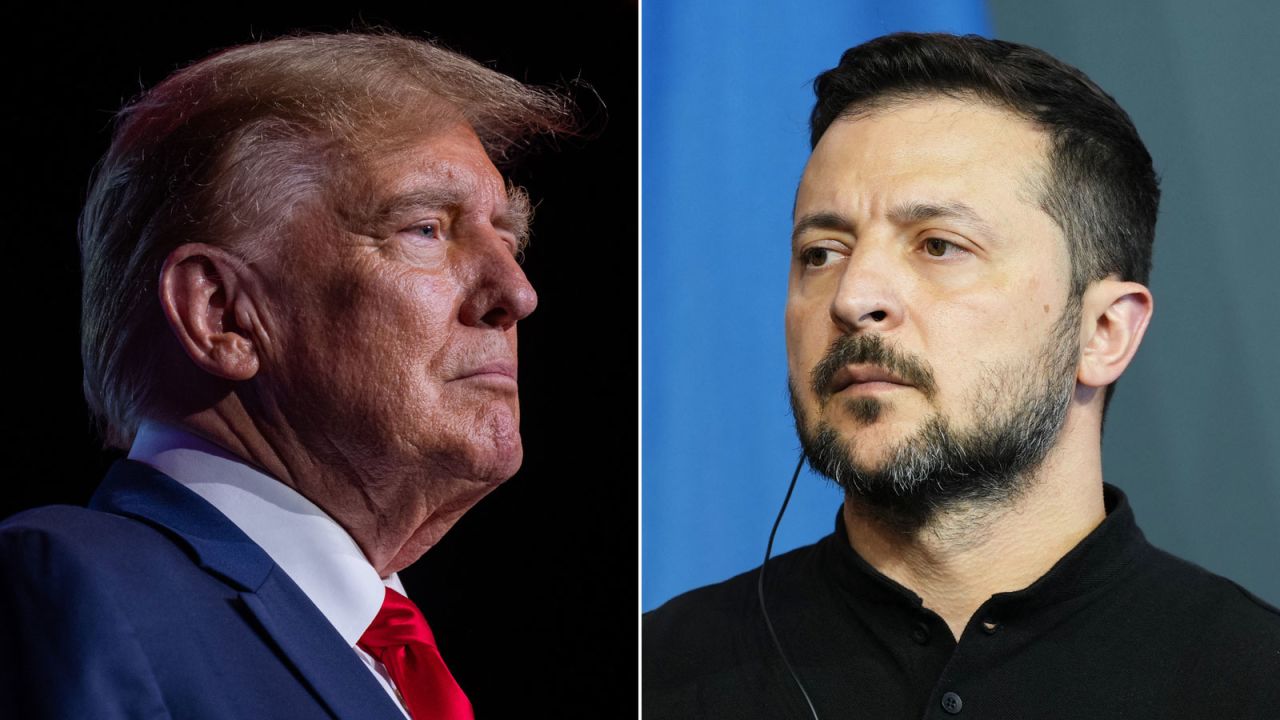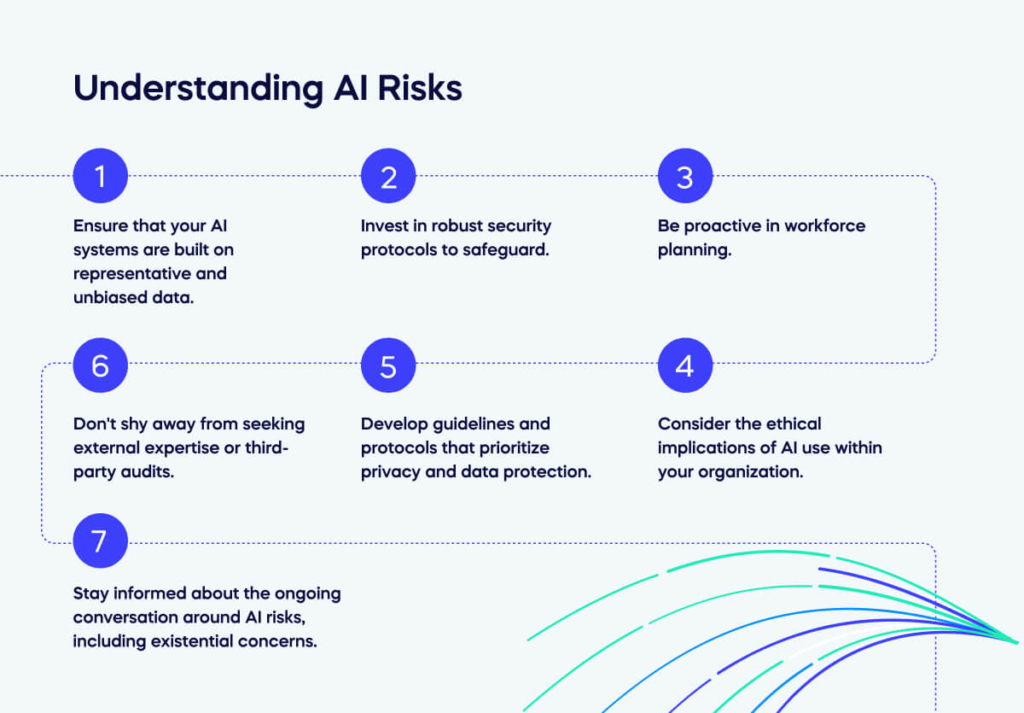Vance Vs. Biden On Ukraine: A Policy Debate Analysis

Table of Contents
The current geopolitical situation in Ukraine is undeniably precarious. Russia's full-scale invasion in February 2022 has resulted in a significant humanitarian crisis and a major disruption to global stability. The United States, as a key global player, plays a vital role in shaping international responses to this crisis, leading to significant policy discussions and contrasting approaches. This article aims to dissect and compare the differing policy approaches of Senator Vance and President Biden, providing a comprehensive analysis of the "Vance vs. Biden on Ukraine" debate.
Senator J.D. Vance's Stance on Ukraine
Isolationist or Pragmatist? Analyzing Vance's Approach
Senator J.D. Vance has been a vocal critic of the extent of US involvement in Ukraine. While not advocating for complete disengagement, his approach suggests a more cautious and arguably isolationist stance compared to the Biden administration. His criticisms often center on the perceived lack of a clear strategic objective and the potential for the conflict to escalate beyond manageable levels.
- Policy Proposals: Vance has proposed scaling back military aid to Ukraine, prioritizing domestic needs over foreign interventions.
- Arguments Against Increased Aid: He has consistently questioned the effectiveness of continued financial and military support, arguing that it prolongs the conflict without a clear path to victory for Ukraine.
- Views on Escalation: Vance expresses concerns about the risk of direct military confrontation between the US and Russia, advocating for a more restrained approach to avoid such a scenario.
Economic Considerations in Vance's Policy
A significant aspect of Vance's perspective is the economic burden of supporting Ukraine. He argues that the substantial financial commitment to the conflict diverts resources from crucial domestic priorities.
- Potential Economic Consequences: Vance points to the potential inflationary pressures and the strain on the US budget caused by ongoing aid packages to Ukraine.
- Resource Allocation: He advocates for a reassessment of resource allocation, prioritizing domestic needs such as infrastructure improvements, addressing poverty, and strengthening the national economy.
- Comparison with Other National Priorities: Vance often frames the debate in terms of opportunity cost, highlighting the potential benefits of investing those resources in other areas of national interest.
President Biden's Ukraine Policy: A Deep Dive
The Biden Administration's Strategic Goals in Ukraine
President Biden's approach to the Ukraine conflict is grounded in a multifaceted strategy aimed at supporting Ukraine's sovereignty and deterring further Russian aggression.
- Support for Ukraine's Sovereignty: The Biden administration has consistently affirmed its commitment to Ukraine's territorial integrity and right to self-determination.
- Deterrence of Further Russian Aggression: A key element of the strategy is deterring further Russian expansionism through a combination of military and economic sanctions.
- Maintenance of International Alliances: The Biden administration has emphasized the importance of maintaining strong alliances with NATO partners and other international actors in confronting Russian aggression.
The Economic and Military Support Provided by the Biden Administration
The Biden administration has provided significant levels of support to Ukraine, encompassing various forms of assistance.
- Military Aid: This includes the provision of advanced weaponry, training, and intelligence support.
- Financial Assistance: Substantial financial aid packages have been allocated to help Ukraine maintain its economy and government functions.
- Humanitarian Aid: The US has provided significant humanitarian aid to address the needs of Ukrainian civilians displaced by the conflict.
- Diplomatic Efforts: The Biden administration has actively engaged in diplomatic efforts to coordinate international responses to the crisis and pursue diplomatic solutions.
A Comparative Analysis of Vance and Biden's Approaches
Key Differences in Philosophy and Strategy
The "Vance vs. Biden on Ukraine" debate highlights fundamental differences in their philosophical approaches and strategic goals.
- Assessment of Risks and Benefits: Vance emphasizes the risks of prolonged US involvement, while Biden prioritizes the risks of inaction and the importance of supporting Ukraine's resistance.
- Role of NATO and International Alliances: Biden strongly emphasizes the role of NATO and international alliances in countering Russian aggression, a point of divergence with Vance's more cautious approach to international commitments.
- Potential for Negotiation and Diplomatic Solutions: While both acknowledge the importance of diplomacy, they differ in their assessment of its feasibility and effectiveness at this stage of the conflict.
Potential Consequences of Each Approach
The differing approaches have significant potential consequences.
- Impact of Increased/Decreased US Support: Reduced US support could embolden Russia, while continued robust support may prolong the conflict, potentially leading to further escalation.
- Impact on International Relations and Alliances: The US approach significantly influences the actions of other nations, impacting global alliances and cooperation.
- Potential for Escalation or De-escalation: Each approach carries different risks concerning the escalation or de-escalation of the conflict, potentially impacting regional and global stability.
Vance vs. Biden on Ukraine: A Concluding Assessment
The "Vance vs. Biden on Ukraine" debate reveals a fundamental disagreement on the appropriate level and nature of US involvement in the conflict. Vance advocates for a more restrained approach, prioritizing domestic concerns and minimizing the risks of escalation, while Biden champions continued robust support for Ukraine as essential for deterring further Russian aggression and upholding international norms. The potential long-term consequences of each approach remain significant and uncertain. This necessitates careful consideration of the multifaceted factors at play. To form your own informed opinion on the "Vance vs. Biden on Ukraine" debate, delve deeper into their respective policy statements and engage with diverse perspectives on this crucial geopolitical issue. Further research into think tank analyses and expert opinions will help you build a complete understanding of this complex and evolving situation.

Featured Posts
-
 Overtime Injury Sidelines Jalen Brunson In Knicks Lakers Clash
May 16, 2025
Overtime Injury Sidelines Jalen Brunson In Knicks Lakers Clash
May 16, 2025 -
 Alex Ovechkin 894th Goal A Historic Nhl Record Tie
May 16, 2025
Alex Ovechkin 894th Goal A Historic Nhl Record Tie
May 16, 2025 -
 Ai Therapy Balancing Benefits And Surveillance Risks In A Police State
May 16, 2025
Ai Therapy Balancing Benefits And Surveillance Risks In A Police State
May 16, 2025 -
 La Force Du Cloud Ge Force Now Accueille 21 Titres Ce Mois
May 16, 2025
La Force Du Cloud Ge Force Now Accueille 21 Titres Ce Mois
May 16, 2025 -
 Bolee 200 Raket I Dronov Rossiya Nanesla Massirovanniy Udar Po Ukraine
May 16, 2025
Bolee 200 Raket I Dronov Rossiya Nanesla Massirovanniy Udar Po Ukraine
May 16, 2025
